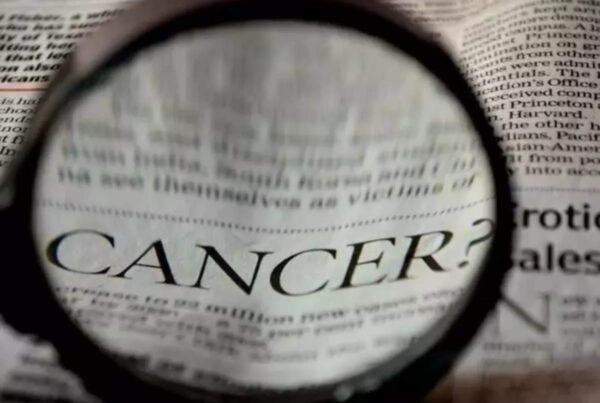Researchers at the University of Florida have created an experimental mRNA cancer vaccine that trains the immune system to aggressively seek out and destroy tumors—regardless of their type. The discovery, recently published in Nature Biomedical Engineering, is being hailed as a major scientific milestone that may pave the way for a universal cancer vaccine.
Unlike traditional cancer vaccines, which typically target specific tumor mutations or are tailored to individual patients, this new mRNA-based therapy works by mimicking a viral infection. It activates the body’s immune system in a way that makes cancer cells more vulnerable to attack. The researchers behind the study say the vaccine causes tumors to express more PD-L1, a protein that flags them for destruction by the immune system. When paired with existing immunotherapies, such as checkpoint inhibitors, the results in preclinical models were remarkable.
In animal studies, mice with melanoma, brain cancer, and other aggressive tumors experienced significant tumor regression, with some cancers disappearing entirely. The treatment’s power comes not from targeting specific cancer types, but from stimulating a broad, heightened immune response that can recognize and fight tumors more effectively.
Lead researcher Dr. Elias Sayour, a pediatric oncologist and physician-scientist at UF Health, called the results “unexpected and exciting.” He emphasized that the vaccine doesn’t need to be customized for each patient, a key limitation in other personalized cancer vaccines. Instead, it could potentially be produced off-the-shelf and used for a wide range of cancers.
The team had previously explored the use of personalized mRNA vaccines in a small clinical trial for glioblastoma, one of the deadliest brain cancers. That study showed the vaccine could rapidly activate immune responses in human patients. Building on those findings, the researchers refined their approach to develop this broader therapeutic platform.
While the new vaccine has only been tested in animals so far, plans are underway to begin human clinical trials. The researchers hope to test the vaccine in patients with solid tumors, using it in combination with checkpoint inhibitors to boost its effectiveness. Early indications suggest the vaccine could also help patients who have not responded well to other forms of immunotherapy.
Despite the excitement in the scientific community, there are concerns that political pressure in the U.S. could slow progress. Growing skepticism and proposed restrictions on mRNA technologies, largely rooted in opposition to COVID-19 vaccines, have sparked alarm among researchers. They warn that such measures could jeopardize life-saving research like this.
Still, the team remains hopeful that the promise of this treatment will outweigh the politics. With more than 120 mRNA cancer therapies currently under development around the world, the University of Florida’s breakthrough is already standing out for its potential to change how we approach cancer.
“This is a glimpse into the future of cancer therapy,” said Dr. Sayour. “And it’s happening sooner than we imagined.”
As the world watches, Florida’s mRNA cancer vaccine could represent a turning point in the long fight against one of humanity’s most persistent and devastating diseases.



